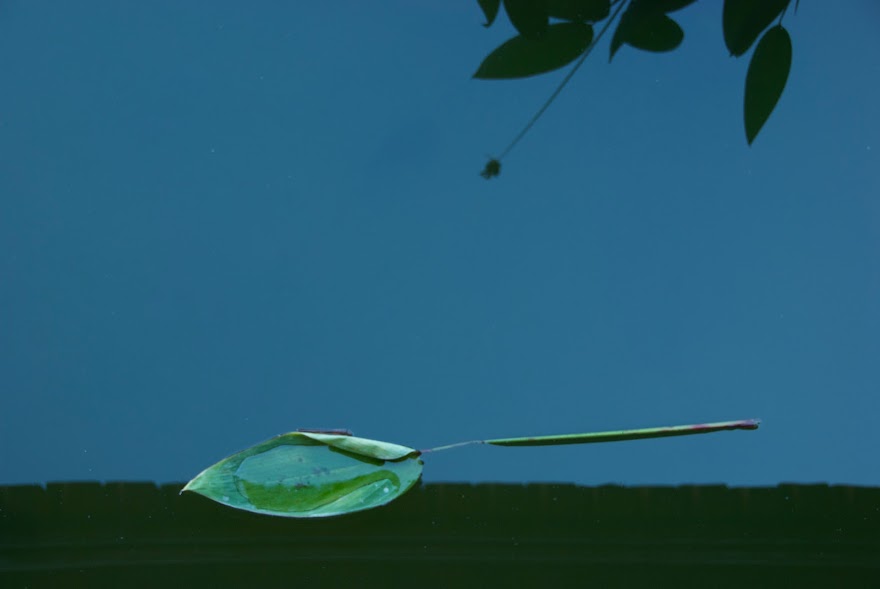Carol and I had a quiet, pleasant Thanksgiving at home, where she prepared her usual suberb turkey dinner. We both like the original meal and the leftovers, ending next week with turkey soup.
To the extant that one is not completely dead as long as someone still remembers them, Hazel Widen, my father’s mother, who died thirty-six years ago, lives on, though perhaps now only in my mind and that of my friend, Louise, who mentioned in an email recently a Thanksgiving we spent at my grandmother’s Mission Beach cottage. My grandmother, too, prepared great turkey dinners. I think of her often. Not just at Thanksgiving.
Even as an old woman—and as I have observed, that ‘old’ was younger than I am now—you could see the beauty she had been when young, in flesh and even more in character.
She experienced the death of all the men in her life except me, outliving three husbands, two of whom died almost literally in her arms, and the suicide of my father, her only child. Yet I never knew her to complain or bemoan her fate.
She was born a Missouri farm girl in 1896 when few had much education or opportunity, and girls generally less than boys. I don’t know that she even completed high school.
She worked as a shoe sales clerk at a St. Louis department store until she and her last husband, Elmer Widen, whom she married when I was a year or two old and who I thought of as my grandfather, retired in 1953 and moved to San Diego where they bought for $6,000 that little house in Mission Beach. It is interesting to note that in 1953 two working class people could buy beach property in California.
She liked being within sound of the ocean, but I never knew her to go onto the beach itself, though only a few steps away. I don’t know if she could swim. I do know she never learned to drive. I don’t drive any more myself, so we now share that.
She had a rare talent with clothes.
She made all her own herself, using an old pedal Singer sewing machine, and those for several of the women in my life. She had a sense of style and fashion and knew what would look good on them better than the women themselves. There was nothing ‘home- made’ about the clothes. Her craftsmanship was exquisite. Had she been born today, I expect she would have had a successful career in clothing and fashion.
While I like to believe that some of whatever good qualities I have came from her, we differed in many ways. She was not a reader, and she was a keeper of things. When she died, I found in her house decades old telephone books, a recommendation letter written in 1912 from an employer for my grandfather, a copy of my parents’ marriage license that showed they had been married for two years before my birth—because they had separated before I was born, I had until then thought that they had gotten married only because my mother was pregnant—and the contents the police found in my father’s pockets after his suicide, the subject of a poem.
She was proud of me without understanding what I do or why, which didn’t matter, and kept a scrap book of newspaper clippings about me. I never did.
My grandmother was not quite a frontier woman, but she was close.
The summers I spent with her and my grandfather in Mission Beach kept me alive.
Now for a few moments, she lives on in your mind as well.
